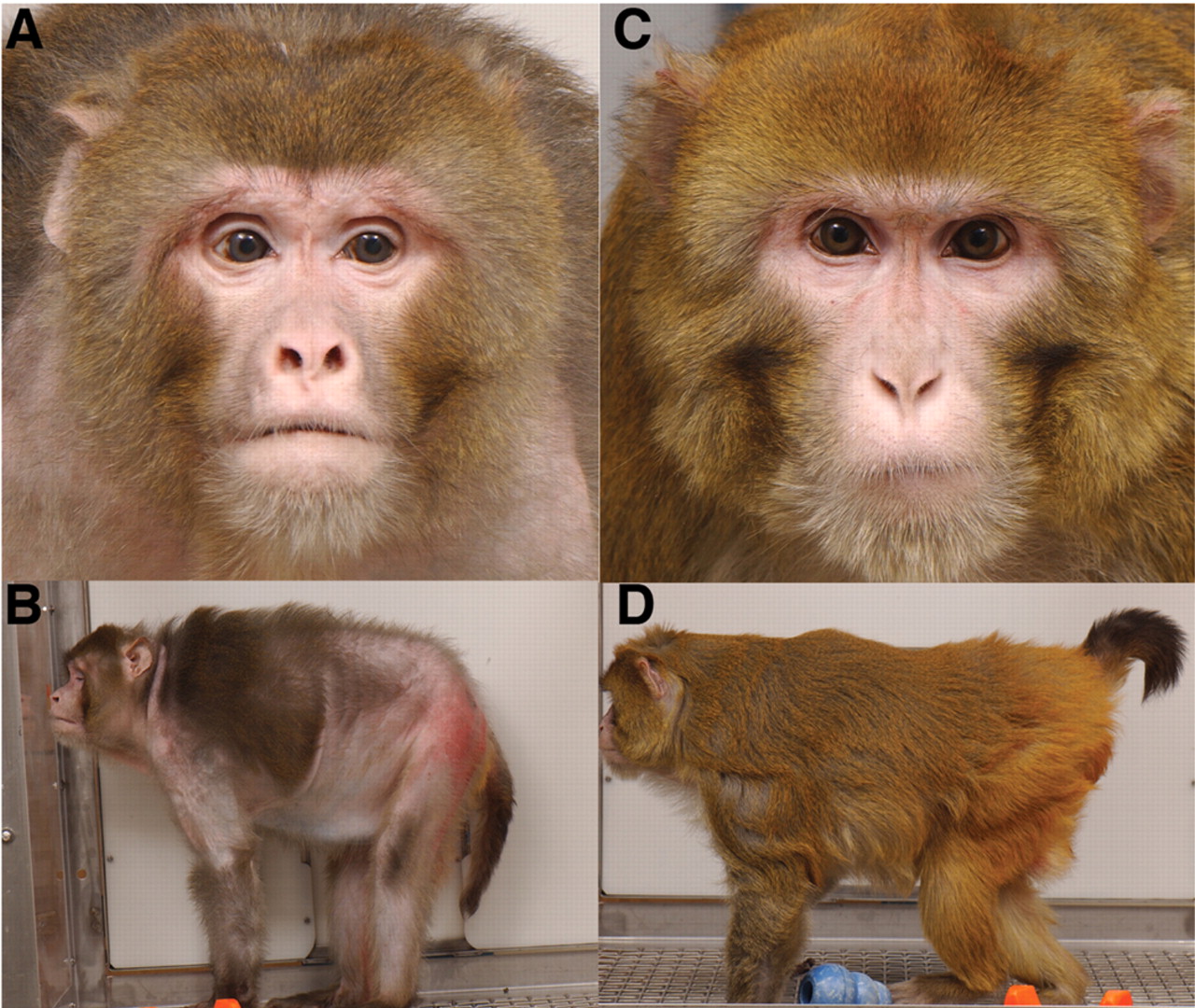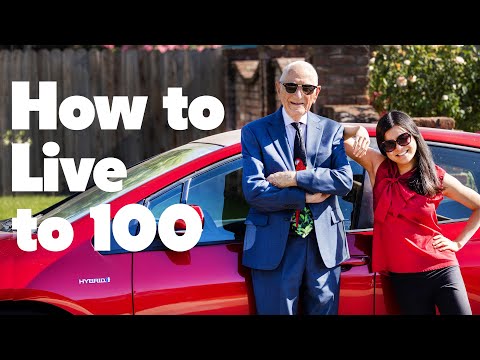Above I meant “optimal” in the sense of CRON vs any CR (see eg classical books and paper by Prof Roy Walford).
CRON means that one is extra careful about eating nutrient rich and complete as there is less leeway / it’s easier to end up with shortages of certain vitamins, minerals, etc when eating less calories overall.
—
Re optimal nutrition in general - I think three things are true here at the same time
- striving towards optimal nutrition can have a massive difference in our health and longevity when compounded over the decades
- the data for exactly what to do is less clean and clear vs eg many pharmaceuticals with MR of targets and large, randomized clinical trials
- taking and approach that tries to think through a lens of the “totally of data and totally of mechanistic understanding” together with frequent individual assessment and testing provides a ton of ground for many, many good benefit/risk decisions
—
The third bullet above means that optimal nutrition will likely vary from person to person - sometimes very substantially
Eg for someone with big metabolic issues, eating more protein (combined with more resistance training) might on the margin be a bigger component vs for someone that has a big family and personal risk for cancer, etc, that may want to cut down on more on (certain) amino acids and up regulation of growth pathways like mTOR, etc.
Someone with bad metabolic health, may want to use a higher (“good” fat diet), while someone in great metabolic health may want to include more complex carbs and less fat.
—
Not sure how helpful, but:
For me personally, I landed on a vegan + occasionally fish diet. It’s generally low on “bad for longevity aminos” (as long as I still retain/build muscle), whole foods, organic, a lot of legumes, leafy greens, broccoli, cauliflower, low on fast carbs, but not low on complex carbs, lots of berries, some, but less fruit, overall try for a lot of variation to support gut microbiome, relatively low sodium, try to prepare with low glucagon in mind, on days with lower fiber (generally a high fiber diet) I add some insulin).
Nothing is black and white for above, but I try to match current my read of good principles based on worlds current understanding and will continue to update as time goes on.
I try for a perceived approx 10% CR (via/combined with time restriction) much or the year, but less during a few months when I focus more on strength/resistance training.
I supplement with “food close” supplements like Omega 3, Vit D/K, B vitamins, Magnesium, etc based on blood work and also try to add a bit extra protein via seemingly high quality protein powders + some creatine, especially during lifting days/periods. Also manage selenium (via Brazil nuts) and other things via blood work.
Also have recently been experimenting with some microbiome enhancing measures (with subjective and microbiome data suggesting it’s going in a good direction).
Drink wise, I almost only drink water and sometimes tea. (Besides the protein shakes).
(Also fast occasionally, originally FMD/Prolon, more recently water + electrolytes only)
I think that a lot of the principles - not just the data per se, but also their holistic integration of how things work and their intuitions - of Drs. Valter Longo, Luigi Fontana, Roy Walford, Dean Ornish and Michael Lustgarden (and to some extent Blueprint, but think more variation can be beneficial) - make sense and triangulate well with my understanding. While the massive protein, including methionine and other “growth” aminos approach that Peter Attia and other suggest seems more like a look good and feel good now (that easier build large followers), even if not optimal from young age and through middle age. I think resistance training and sufficient protein is important, but for most people Attia’s ultra high protein recommendations overdo it and will be revving up nutrient sensing and growth pathways in ways inconsistent and that go against what we know about optimal aging and longevity phenotypes.



